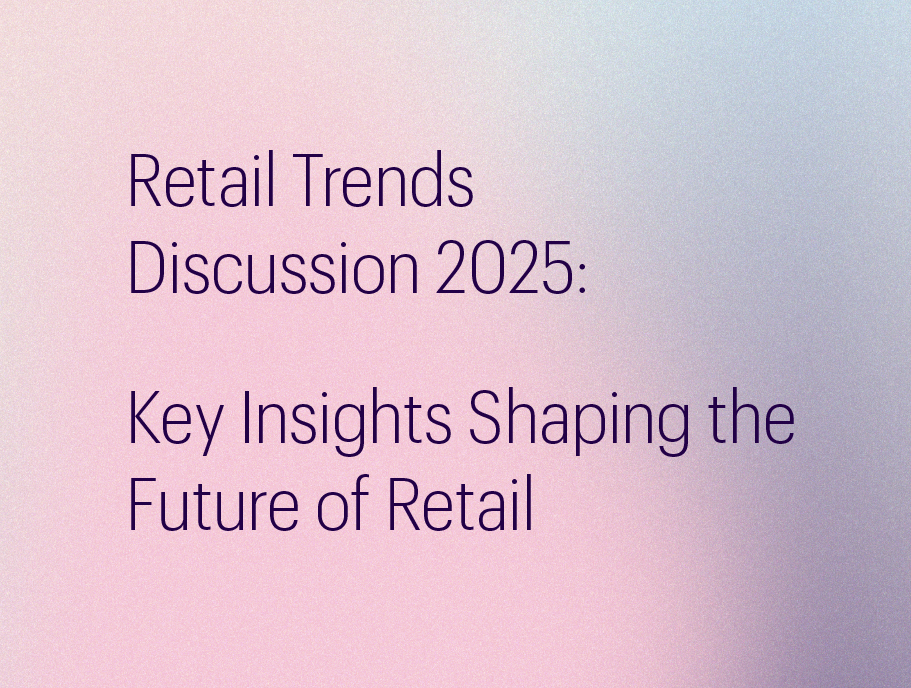The pharmaceutical industry, long celebrated for its revolutionary medical advancements, is now embracing a new frontier—data and technology. With GenAI and advanced engineering solutions leading the charge, the industry is overcoming its data challenges and driving unprecedented innovation.
Charting a New Course for Data Engineering
Six years ago, navigating pharmaceutical data was an uncharted journey. Unlike retail or CPG, pharma demanded specialized data management solutions due to its unique complexities. Today, a blend of domain knowledge and advanced AI tools has established a new standard for data engineering in the field.
Pavan explained this challenge succinctly:
“The complexity of data itself is so huge…there can be 20-25 years of data that you need to store and analyze.”
Pharma is not just about raw data—it’s about synthesizing regulatory, manufacturing, and historical insights critical for drug development. These complexities, coupled with stringent privacy rules, have created a challenging but transformative landscape for data engineers.
Lessons from Industry Trailblazers
In a recent discussion, industry veterans Ashwin G and Pavan reflected on how technology is reshaping pharma. Ashwin shared the challenges of entering an industry traditionally dominated by seasoned players. By offering real value and innovation, their team proved that fresh perspectives could break through the status quo.
Pavan emphasized the core drivers of any engineering program—business alignment, institutional knowledge, and change management. However, he highlighted how pharma’s deep, intricate data—spanning decades—presents unique hurdles and opportunities for innovation.
Generative AI: From Doubt to Adoption
Pharma’s initial hesitation toward analytics stemmed from a lack of tailored solutions. Generative AI has transformed this narrative, offering practical tools that deliver measurable impact.
For instance, automating master data management (MDM) processes has addressed long-standing inconsistencies. Tools like Informatica and Reltio, while powerful, couldn’t fully resolve these issues. GenAI has emerged as a game-changer, improving data alignment and speeding up decision-making.
Breaking Barriers with Integrated Systems
Pharma organizations often operate with disconnected data lakes, warehouses, and CRM systems, creating multiple “versions of the truth” and leading to inefficiencies.
Pavan emphasized the importance of data lineage:
“When you don’t have a holistic data strategy connecting these systems, you lose the ability to trace how data transforms and flows between them.”
This capability ensures transparency and trust, which are critical in an industry where “data accuracy directly impacts patient care and regulatory compliance.”
Tailored Solutions: The Key to Success
Pharma’s transition to data-driven innovation relies on bespoke solutions. Unlike generic approaches, customized systems address unique organizational needs, risk profiles, and regulatory requirements.
“White-box solutions” allow organizations to build, own, and adapt their data ecosystems, ensuring scalability and reducing reliance on external vendors. This empowerment fuels both innovation and self-sufficiency.
Balancing Technology with Human Expertise
While AI is revolutionizing pharma, industry leaders emphasize that human insight remains irreplaceable. Ashwin noted, “AI accelerates knowledge dissemination but works best as a complement to human expertise.” AI fast-tracks critical processes, but strategic decisions still rely on human judgment.
While AI is revolutionizing pharma, industry leaders emphasize that human insight remains irreplaceable.
As Ashwin G pointed out:
“AI accelerates knowledge dissemination but works best as a complement to human expertise.”
AI fast-tracks critical processes, but strategic decisions still rely on human judgment.
Redefining Pharma’s Future
The next wave of transformation in pharma lies in its R&D capabilities. As Snehamoy highlighted:
“R&D, especially in drug discovery, is ripe for disruption.”
AI is already outperforming traditional methods, enabling researchers to develop solutions faster and more efficiently. This fusion of domain expertise and advanced technology promises to redefine the industry, streamlining data processes and uncovering new possibilities.
A New Era for Pharma Innovation
Pharma’s journey toward technological transformation is just beginning. Overcoming challenges like system integration and data standardization will be crucial. But as the industry embraces AI and advanced analytics, it is set to lead not just in medical innovation but in how data is managed, interpreted, and applied.
As Snehamoy aptly concluded, this evolution isn’t just about technology:
“It’s about creating tools and systems that improve healthcare, extend lives, and address the world’s most pressing ailments.”


